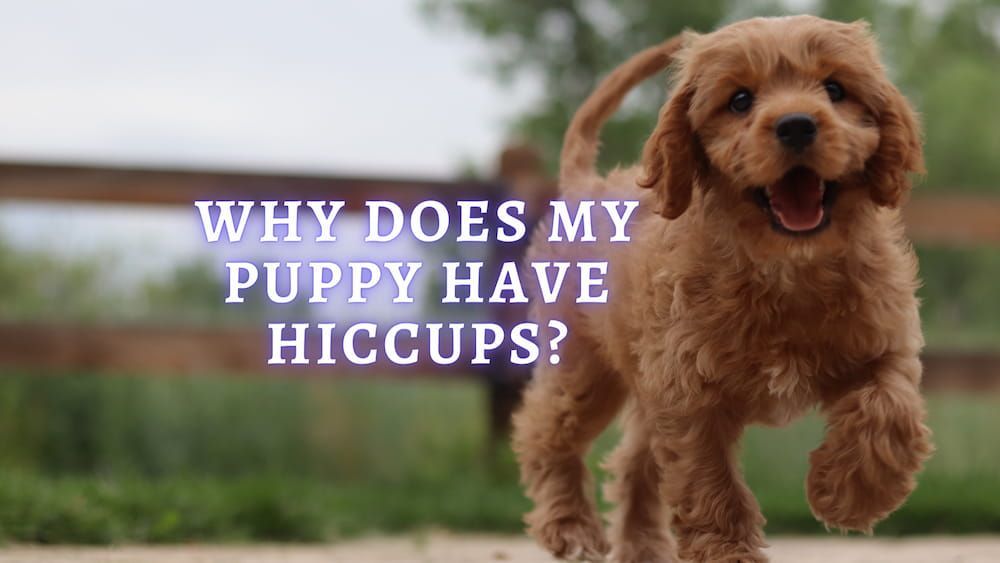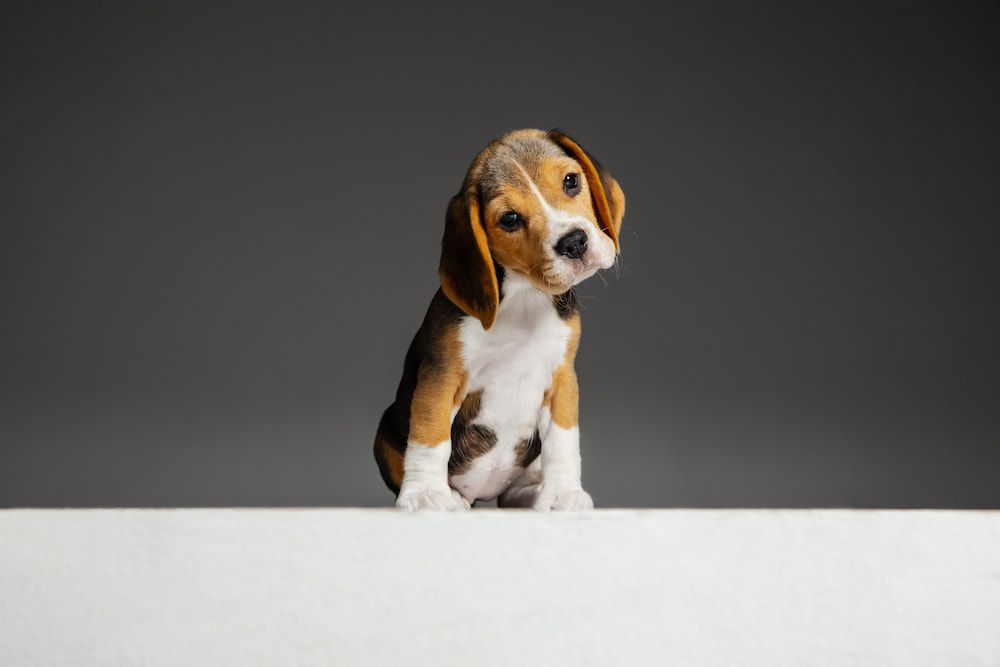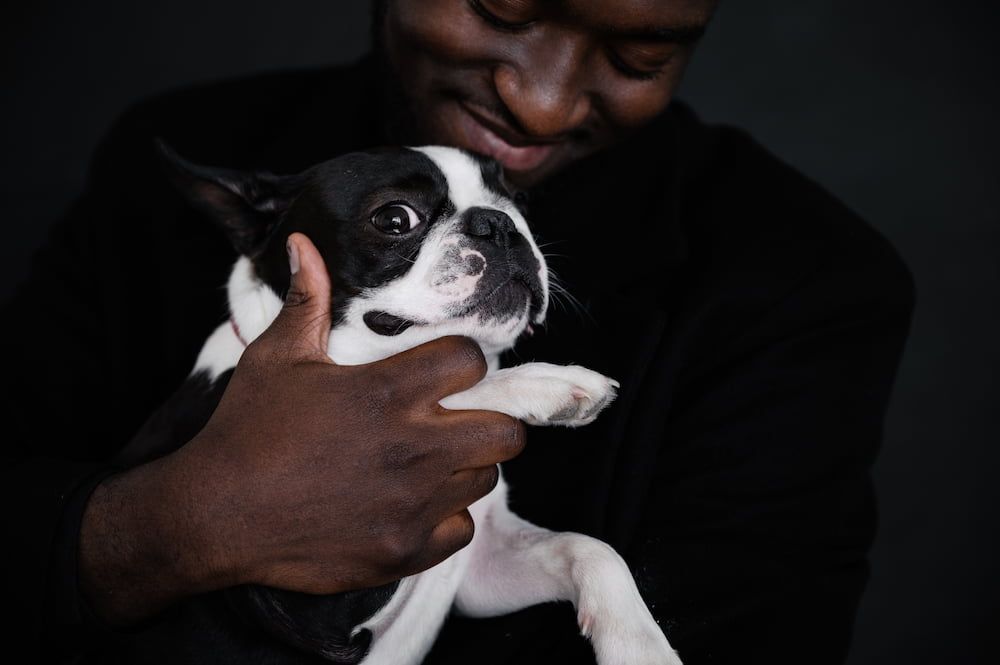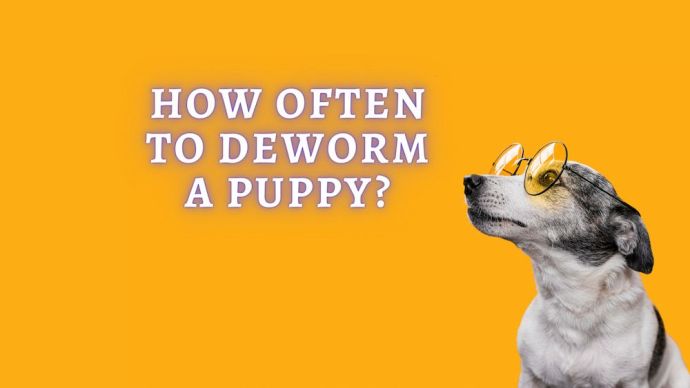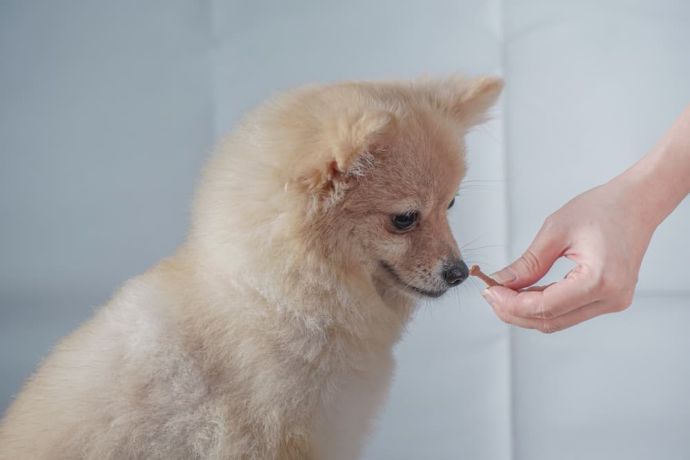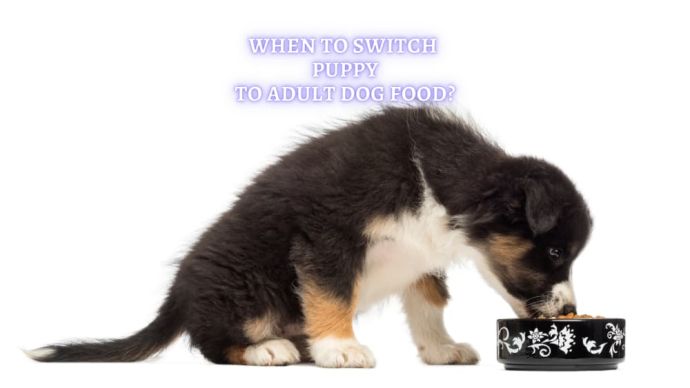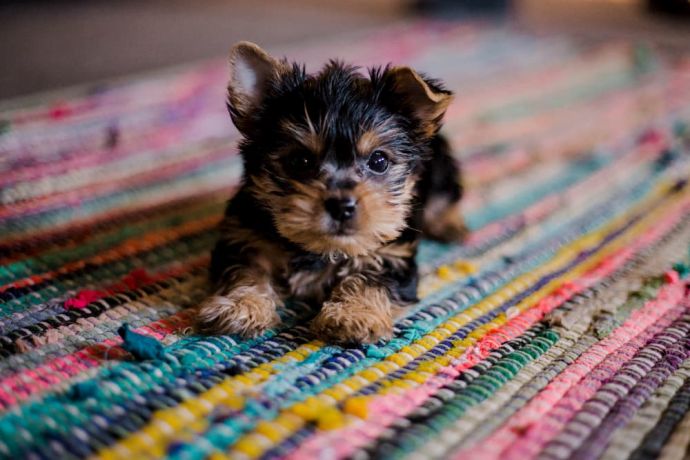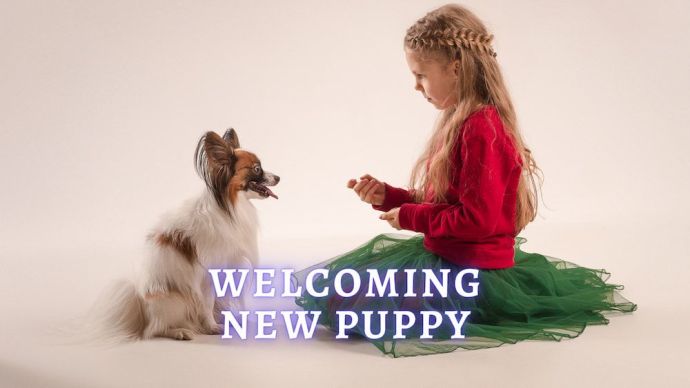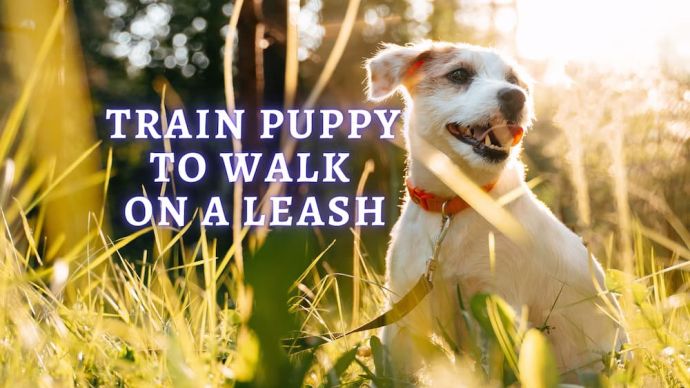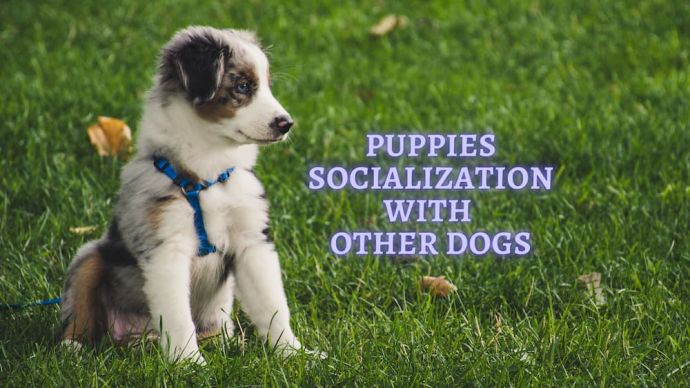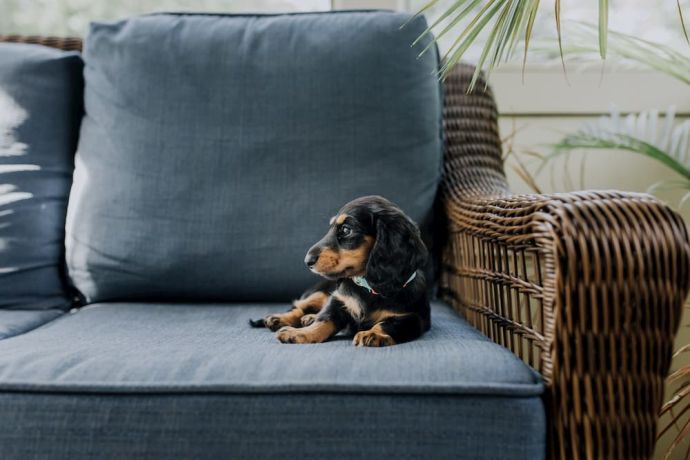Puppy Hiccups: Why Does My Puppy Have Hiccups?
Written by:
Author: Dr. Linda Simon
Dr. Linda Simon is a veterinary surgeon working with seven years of experience. She is a fellow of the British Veterinary Association and specializing in animal medicine. Also, she has been the Woman magazine resident vet for the past two years and writes a regular column for them, focusing on pets and their health.
View all 30 articlesLearn about our editorial process and veterinary review board.
Viewed: 145
Updated on: 11/09/2021
For the vast majority of owners, they will hear their puppy hiccuping at some stage. The first time this happens, it may seem alarming. Thankfully, most cases are short-lived and resolved without intervention.
Pet parents should read on to learn more about puppy hiccups, why they happen and what can be done for them.
Are puppy hiccups normal?
While a puppy’s hiccups may seem concerning, it is entirely normal for pups to do it now and again. Occasional hiccups occur in most dogs, both adult dogs, and puppies. Puppy owners do tend to worry a little more than adult pup parents, especially if they’ve not had their furry friend at home for too long.
Puppy hiccups can be triggered by things like energetic play, rapid eating, and over-excitement. Other things that can trigger it include eating rich or inappropriate food or hyperventilating. Not uncommonly, it seems them to occur out of the blue and there is no obvious reason for them.
Pet parents should rest assured that hiccups that happen now and again are entirely normal. There is no need to intervene or to try and stop them. Typically, they resolve within about 30 minutes.
When to worry?
We rarely need to concern ourselves over puppy hiccups. They should not be confused with other things like reverse sneezing episodes, heatstroke, gastrointestinal upset, or breathing difficulties. They also should not cause your puppy any distress. In between, they will act entirely normally. There will be no additional symptoms.
In rare cases, puppy hiccups merit a trip to the veterinarian. This may be if the puppy will not stop hiccuping or have other symptoms such as vomiting, a reduced appetite or lethargy. If they continue for several hours with no sign of abating, call your local clinic.
If you own a brachycephalic breed such as a Pug or Shih Tzu, you need to pay extra attention to their breathing and demeanor. They may need emergency veterinary care if they seem to be breathing quickly or panting alongside their hiccups.
READ MORE: Why Does My Dog Snore?
Why do puppies hiccup?
It’s fair to say that we’re not entirely clear on why human hiccups or doggy hiccups occur. There are several possibilities, some of which hold more weight than others.
One theory is that the diaphragm muscle contracts involuntarily due to cold air, abnormal breathing, or stress. These contractions can also occur after a puppy does things like eat too quickly or gets anxious.
Some experts think that hiccuping may be a dog’s way of relieving gas or preventing gas build-up within the gut. As well as the first thing, you may notice some farting and burping.
How to help a puppy stop hiccups?
Most of the time, hiccup episodes stop by themselves without us doing anything at all. In fact, it is not as easy to stop it as you may think. Pet owners will try all sorts of things, including giving their dogs a fright (Boo!) or massaging their tummy.
Anecdotally, things that may help include:
- Offering some drinking water;
- Taking your puppy for a short walk in the fresh air can prove helpful;
- Playing with your pup to distract them for a few minutes;
- Other home remedies like offering a teaspoon of maple syrup, Karo syrup or honey [1] may work too;
- Relaxing! Pets can pick up on our stress and if you’re very concerned, your pup may feel anxious.
READ MORE: Vet Advice On Puppies Daily Water Intake
How to prevent puppy hiccups?
It is not possible to always prevent a dog’s hiccups and they may occur organically from time to time, regardless of what we humans do.
Top tips for preventing hiccups
It can help to use a slow feeder bowl and space meals apart and offer smaller portions. This can slow down feeding.
Similarly, if your puppy is eating surrounded by ‘competition’, we should remove other animals from the vicinity or allow them to eat behind a closed door or in their crate. This way, they can savor their meal rather than gobble it up.
If you’ve noticed any breathing trouble, such as sneezing, coughing or fast respiratory rate, have your pup seen by their vet right away. Keeping your pet healthy and staying on top of any health issues that crop up is a good way to prevent unwanted hiccuping attacks.
READ MORE: How Much to Feed a Puppy?
Frequently Asked Questions
Is it normal for puppies to get hiccups all the time?
No, this would not be considered normal. While most puppies will get hiccups now and then, it should not occur with frequency. This may be a sign that there is something more going on, such as a respiratory or digestive disorder. Do mention this to your vet during your pup’s next check-up.
Is it bad if my puppy gets hiccups a lot?
Many puppies get hiccups and lots of different events and situations can trigger it. However, if your pouch is always hiccuping, this could signify that there is more going on. It is an indicator that we should take a closer look, and have little one seen by a vet.
At what age do puppies stop getting hiccups?
Puppies and adult dogs get hiccups, so puppies don’t ever stop doing it. However, you may find that as your dog mellows with age and stops gobbling their food at every meal, they won’t do it quite so much. It is also possible that, evolutionarily speaking, younger animals hiccup more as a way to test their breathing muscles. [2] Thus, with age, it occurs with less frequency.
How do I know it’s not a choking?
There is a big difference between hiccuping and choking and it should be obvious which is occurring. If your puppy is choking, they will not be able to breathe. They will be distressed and may paw at their mouth and salivate. Their signs will come on rapidly and will be alarming to watch. Choking is a true medical emergency and if you cannot remove the object obstructing the airway, you need to go to the emergency vet immediately.
On the other hand, hiccups are involuntary contractions of the diaphragm that do not bother a pup. The puppy continues to be able to breathe, play and run about when the diaphragm contracts. Neither their eating nor drinking are affected. Keep a close eye on your dog’s breathing pattern to ensure it is regular.
Why do puppies get hiccups when they wake up?
There is no clear-cut reason why some puppies seem to hiccup more when they wake up. It may be because their stomach is empty or there is excess gas built up within their gut. It may also happen if your puppy ate too quickly before their nap.
Article Sources:
- “Dog Hiccups: What You Need to Know.” PetMD, 29 Aug. 2017, petmd.com/dog/care/dog-hiccups-what-you-need-know.
- Ripley, Katherine. “Can Dogs Get Hiccups?” American Kennel Club, akc.org/expert-advice/health/can-dogs-get-hiccups/.
 Dog Veterinary Tips Why is my Dog throwing up: Causes and Preventing (Veterinary Advice)
Dog Veterinary Tips Why is my Dog throwing up: Causes and Preventing (Veterinary Advice) - 23424
- 5
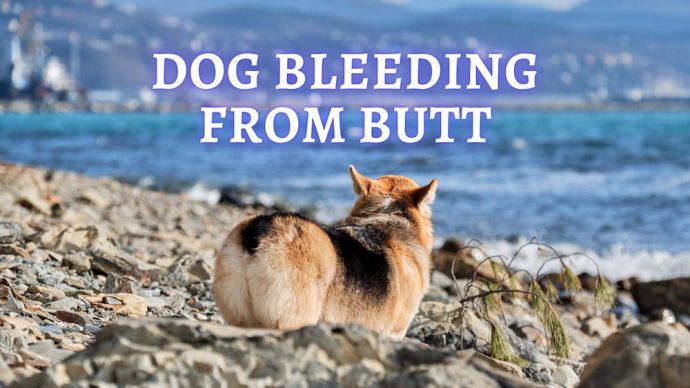 Dog Care Why Is My Dog Bleeding From Its Butt? Causes and treatment of rectal bleeding in the dog
Dog Care Why Is My Dog Bleeding From Its Butt? Causes and treatment of rectal bleeding in the dog - 22074
- 0
 Dog Care My Dog Keeps Scratching His Mouth: Reasons Why Your Dog Scratching Face
Dog Care My Dog Keeps Scratching His Mouth: Reasons Why Your Dog Scratching Face - 17560
- 1









